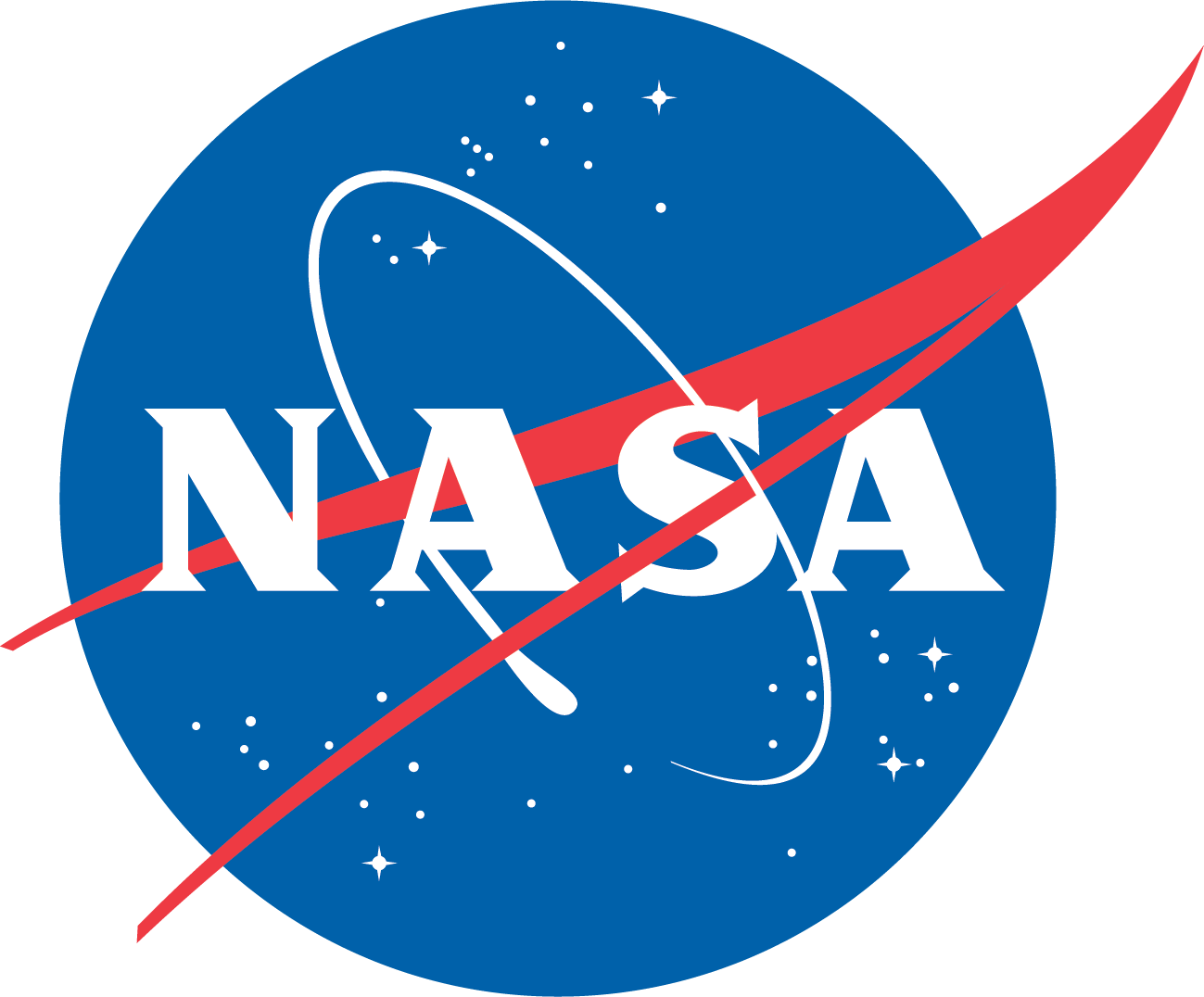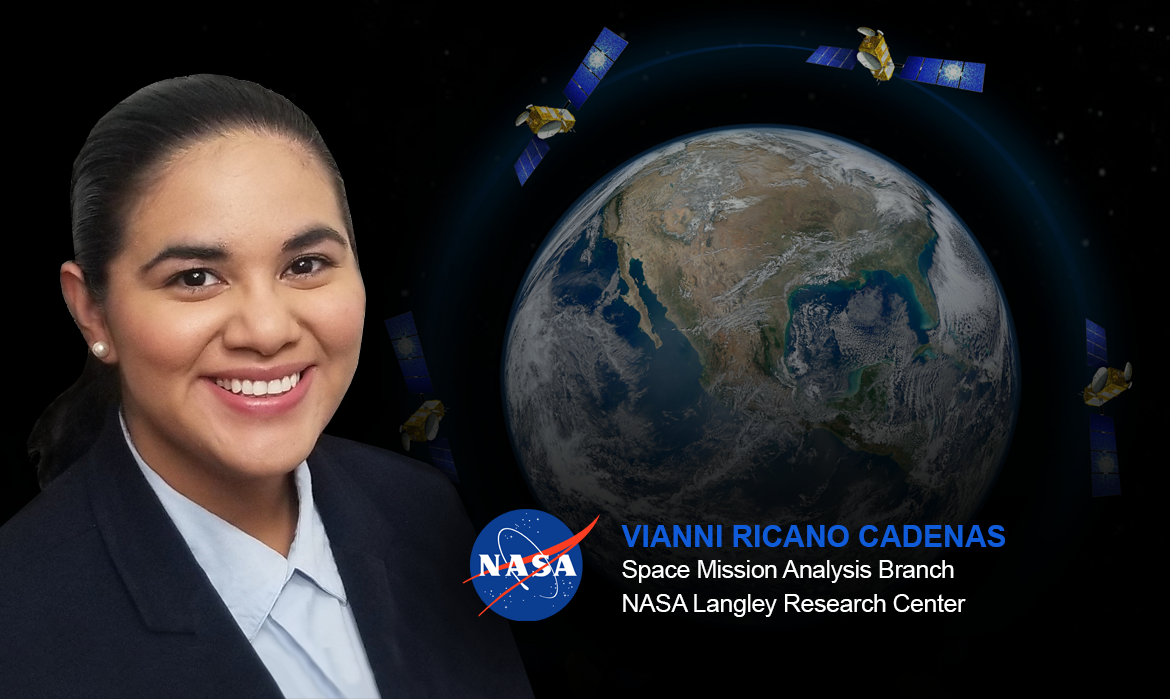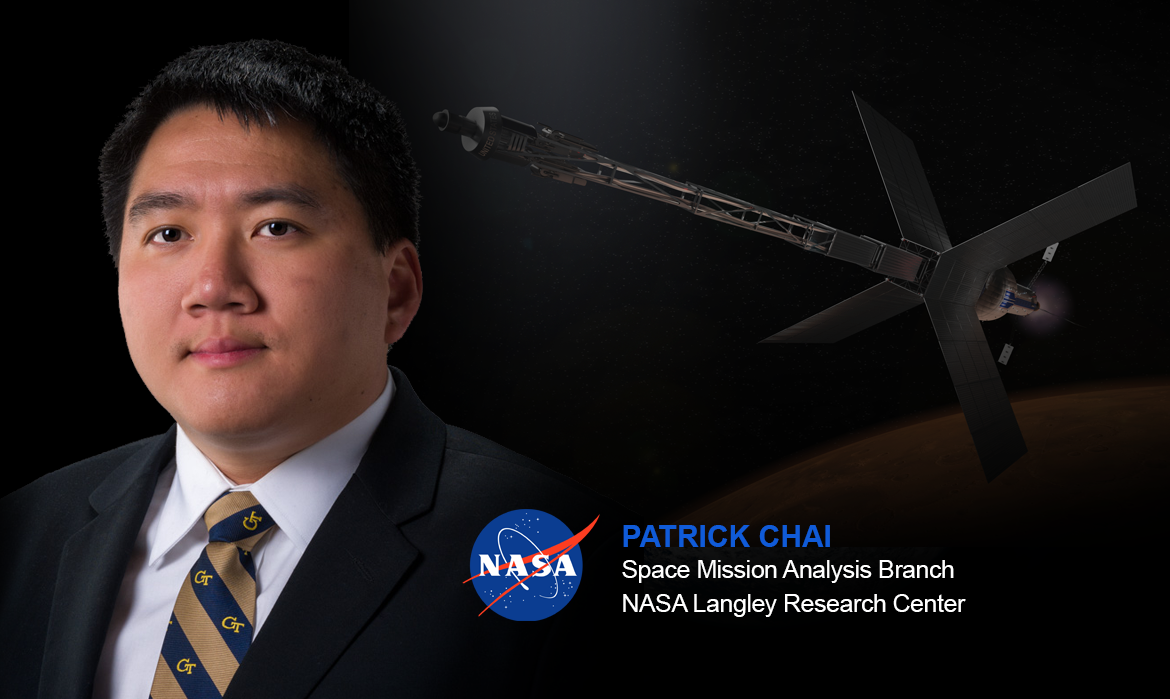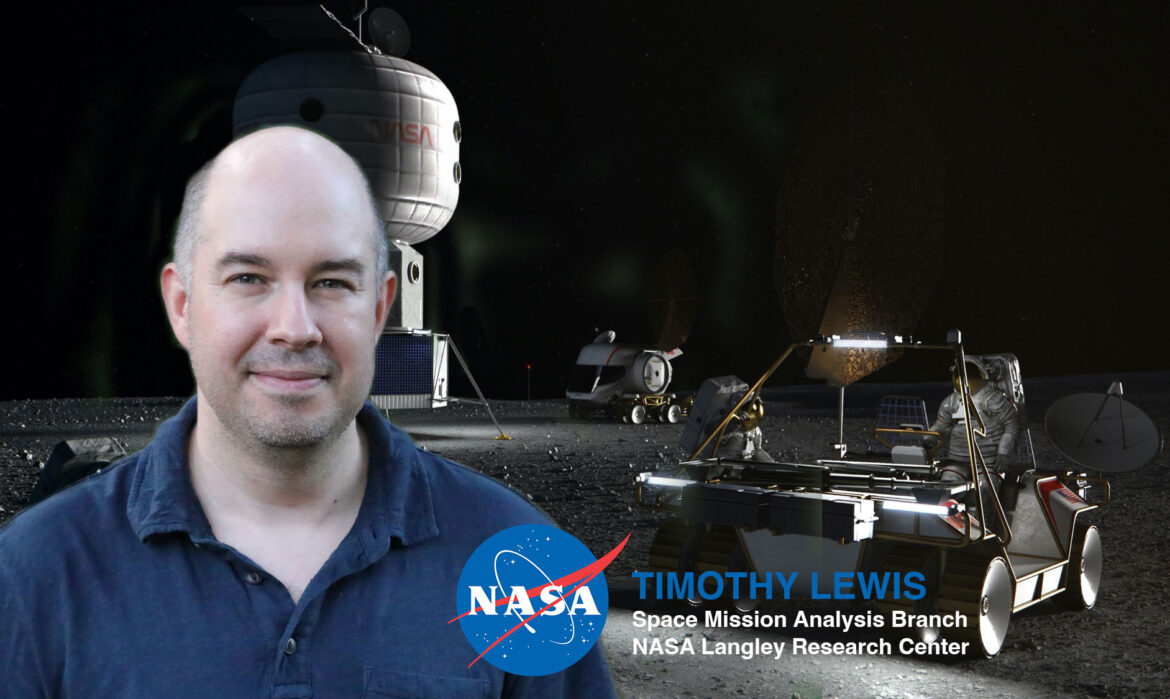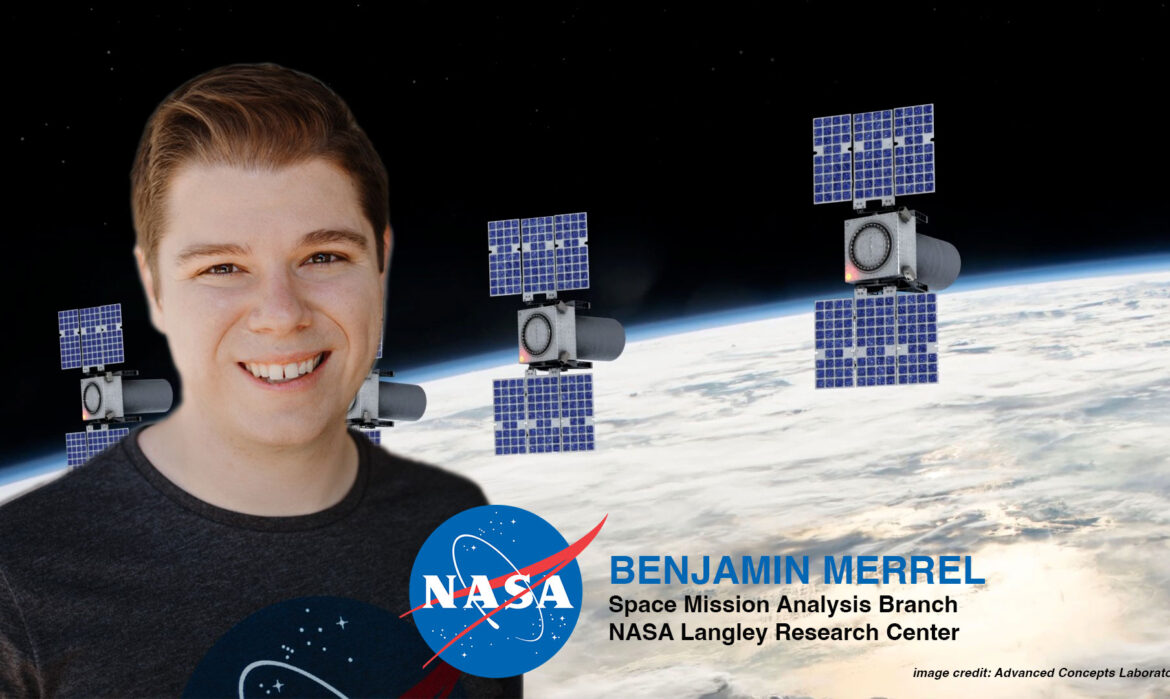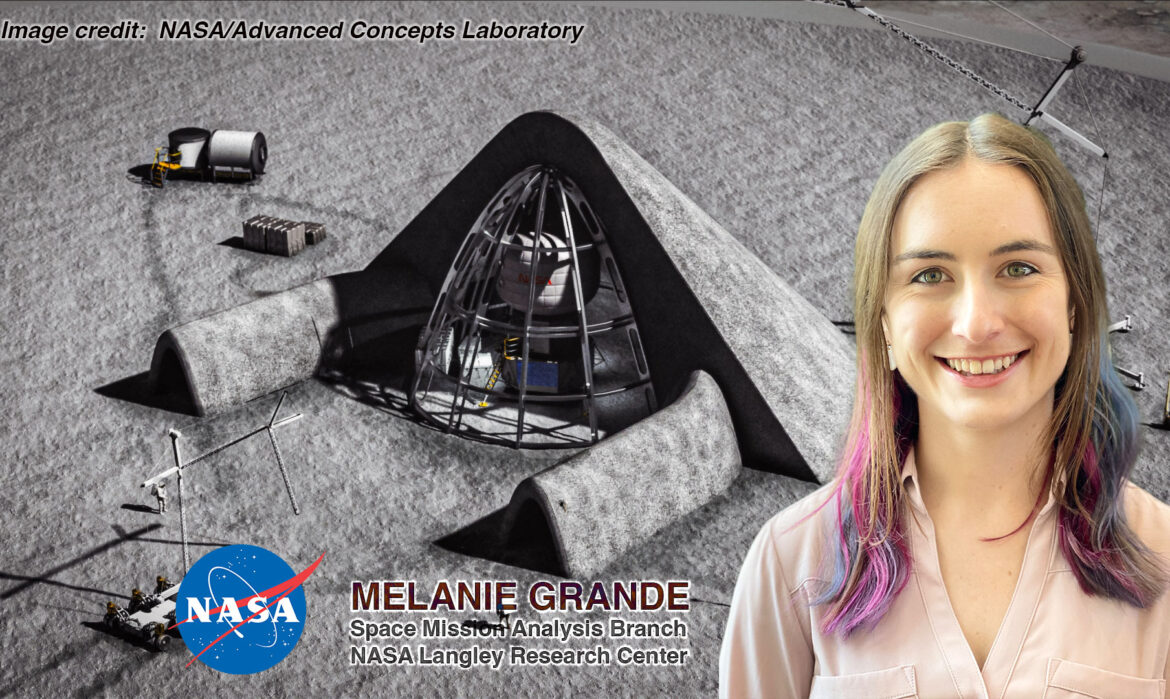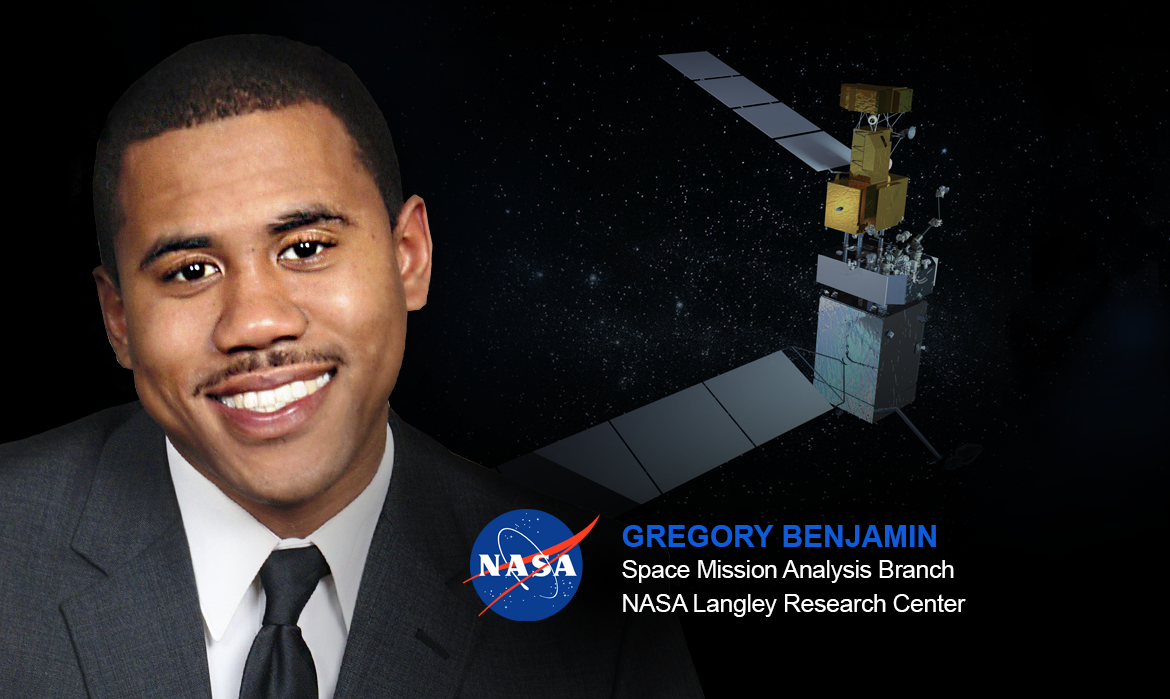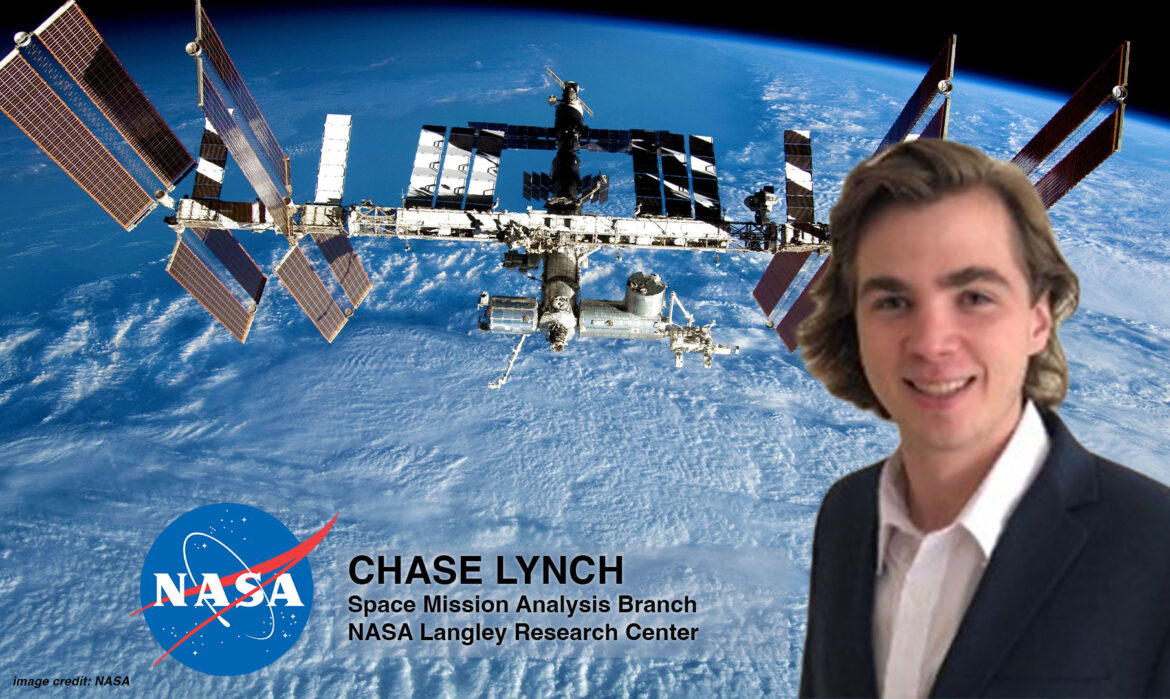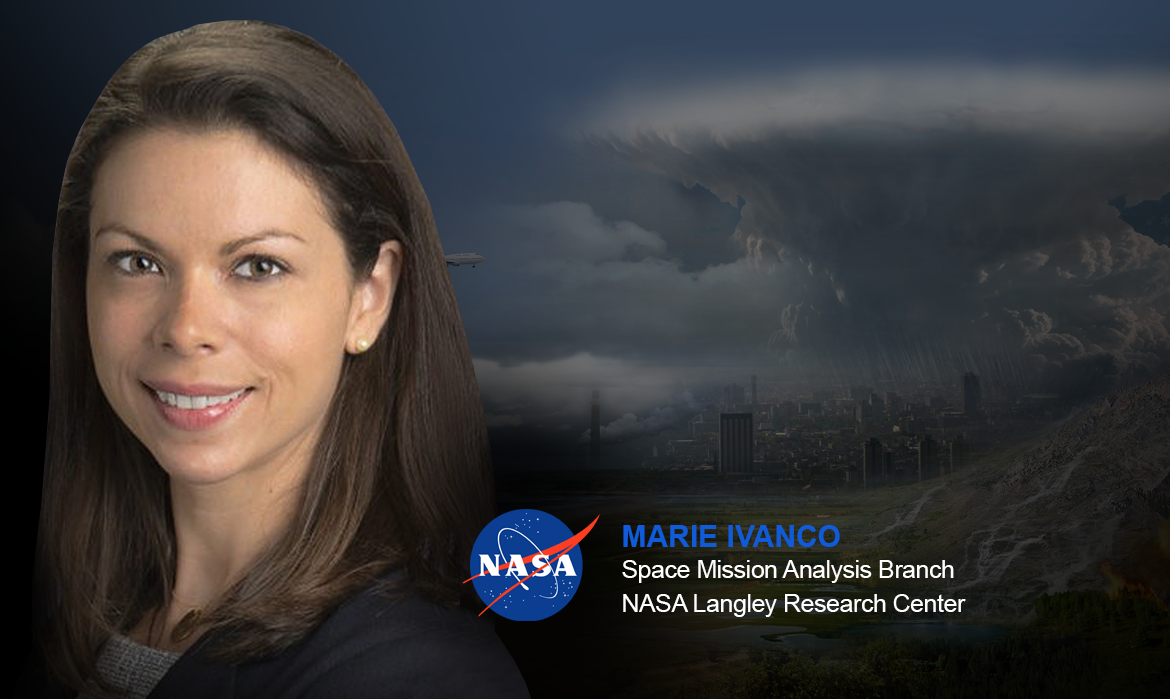NASA Langley Hosts Regional American Indian Science and Engineering Society Meeting
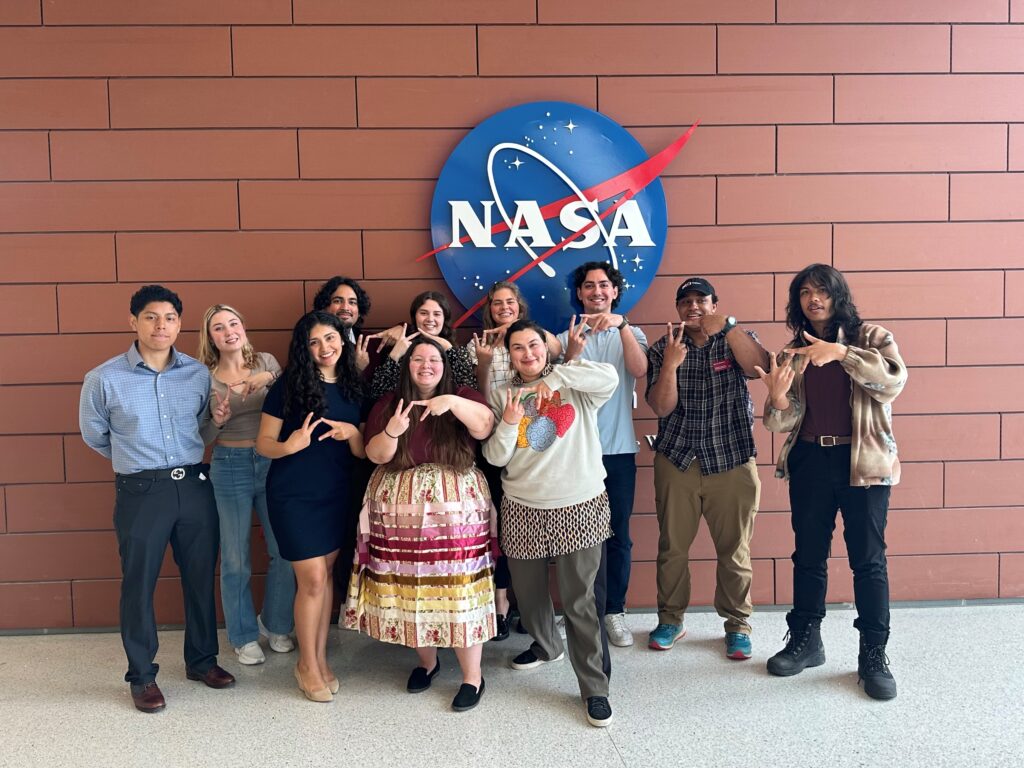
Credit: AISES/ April Armijo
Every spring, members of the American Indian Science and Engineering Society (AISES) College Chapters gather at regional conferences across the U.S. and Canada, where students and professionals encourage and learn from each other. The conferences offer unique workshops and sessions designed to generate enthusiasm for – and success – in science, technology, engineering, and mathematics (STEM) education and careers.
“Hearing native languages being spoken and having Indigenous knowledge shared in the same place where advanced aircraft are designed and missions to Mars are planned just gave me an intense feeling of belonging.“
These events are normally conducted on college campuses but, this year, an off-campus location served as the host for the 2024 Region 7 conference –NASA’s Langley Research Center in Hampton, Virginia, April 4 and 5. The conference was organized by Casey Leigh-Anne Denham from the Systems Analysis and Concepts Directorate, Caroline Montgomery, Lisa Winniger from the Office of STEM Engagement, and the Virginia Tech AISES chapter.
“Hosting at NASA was a great experience because it allowed students to tour our facilities and learn more about the day-to-day activities of being a engineer,” observed Denham. “Although many of the students were from Virginia and North Carolina, they did not realize how close they were to a NASA center and the many opportunities available here.”
Montgomery is Activity Manager for The Minority University Research and Education Project(MUREP) for American Indian and Alaska Native STEM Engagement (MAINASE), which coordinates these activities with AISES. “These smaller conferences are so beneficial for students who may have never had a professional conference experience previously,” she said. “AISES provides an environment that feels like family and focuses on ensuring each Indigenous student has a sense of belonging and safety.”

More than 100 AISES members from the District of Columbia, Florida, Tennessee, North Carolina, and Virginia and enjoyed panel discussions, breakout sessions, presentations, a career fair, and facility tours on center. Participants also travelled to Mattanock Town on nearby tribal lands for cultural activities hosted by the Nansemond Indian Nation Saturday, April 6.
“Hosting the conference at NASA Langley Research Center and on Nansemond Indian National tribal lands allowed for a perfect blend of professional development and cultural enrichment,” said Mikaela David-John, Hokie AISES Co-Advisor and Associate Director of SOAR at Virginia Tech. “A major reason we selected NASA Langley as host location was due to the outreach and support of NASA employees and contractors who demonstrated their support of the AISES mission.”
The conference was such a successful networking opportunity for members that a Virginia Professional AISES chapter is now under development.
“The best part to me was seeing so many Native people on site at a NASA center,” said Denham. “Hearing native languages being spoken and having Indigenous knowledge shared in the same place where advanced aircraft are designed and missions to Mars are planned just gave me an intense feeling of belonging.”

Credit: AISES/April Armijo
See more pictures from the conference on the AISES Flickr page.
For more information about NASA’s work with the Indigenous community, please visit The Minority University Research and Education Project(MUREP) for American Indian and Alaska Native STEM Engagement (MAINASE).
Author: Sondra Woodward
Published: May 2024
